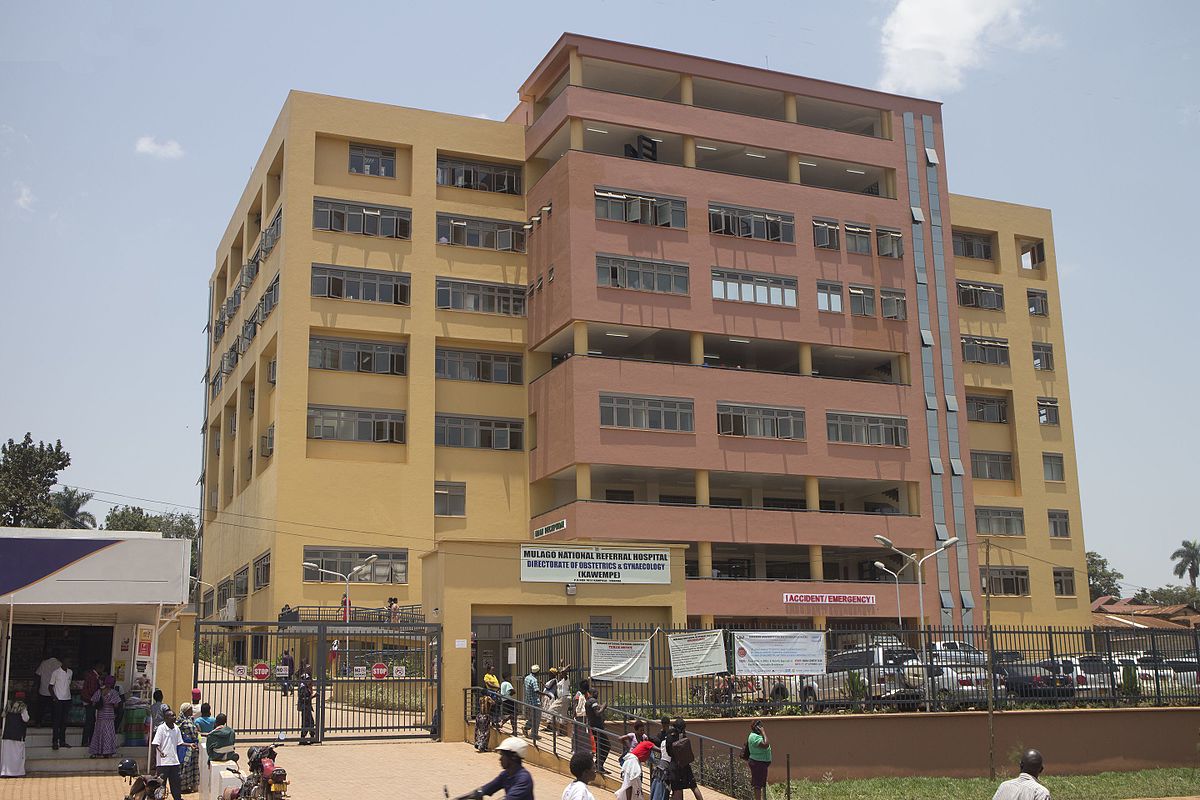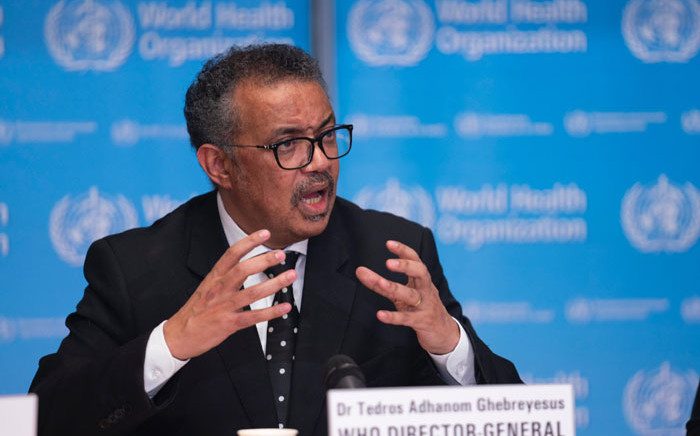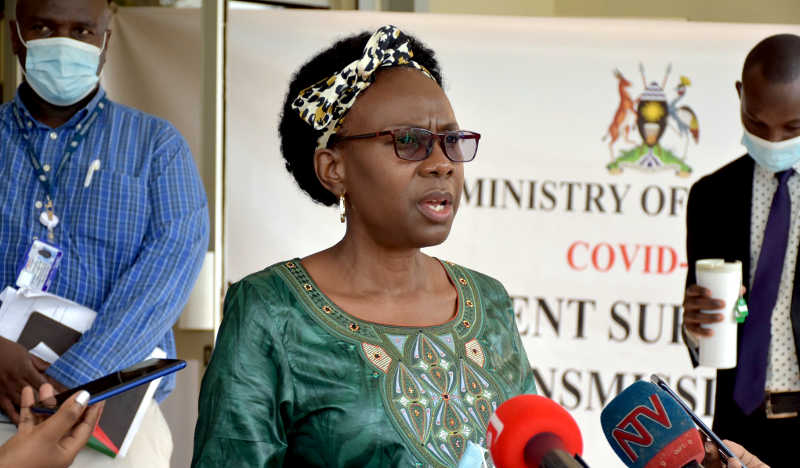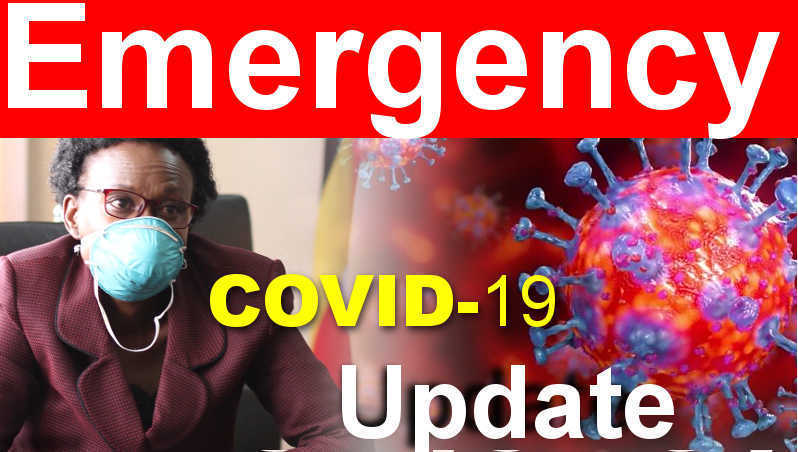Provision of security and healthcare by the sitting government to its people are the two most important obligations that any state has to offer.
The government of Uganda has tried to fulfill one side of this social and legal contract but failed miserably in the other.
There are countless stories and incidents to confirm that the NRM government has failed in its obligation and promises to provide even the most basic healthcare services for the people of Uganda.
Access to maternal healthcare, is perhaps the most demanded form of healthcare in Uganda. And yet, this service is sorely missed by the citizens of this country.
On August 19, 2020, the Constitutional Court of Uganda passed a landmark judgment in which it pronounced that the Government of Uganda’s omission to adequately provide basic maternal health care services and emergency obstetric care in public health facilities violates the right to health, the right to life and the rights of women as guaranteed under the country’s Constitution.
The Court therefore confirmed that access to maternal care is a human right and therefore an obligation to be upheld by the sitting government that swears to uphold and defend the Constitution of the Republic of Uganda.
In most government health facilities, including the national and regional referral hospitals, mothers endure untold suffering trying to bring life on earth.
But this ought not to be. While the Court was mindful that progressive realization takes into account a State’s available resources, it noted that the unimplemented policies and strategies in Uganda’s case, as demonstrated by the petitioners, could not be said to be expeditious and effective steps towards the realization of the right to health. The Court held that it was not sufficient for the State to merely argue that there are challenges impeding implementation of policies. The State had to demonstrate the measures or steps taken to realize the provision of maternal health care services to women in Uganda.
The mere expression of sentiments in reports made to attract donor funding could not measure up to the required test of reasonable steps. The Court found that the statistical data advanced by the Government did not demonstrate reasonable measures taken when the leading causes of maternal deaths in Uganda – including hemorrhage, high blood pressure, unsafe abortion, and infection — remained the same.
The government cannot therefore continue to give excuses of lack of funds, when talking about inadequate provision of health care services.
The continuing delay by the government to recruit doctors and other health workers to occupy positions in its health facilities represents the greatest betrayal by the government.








